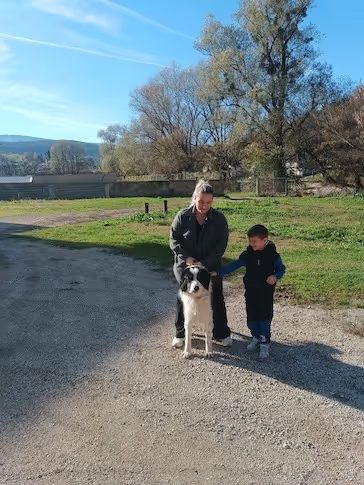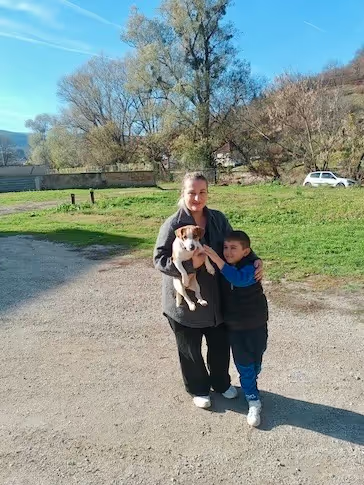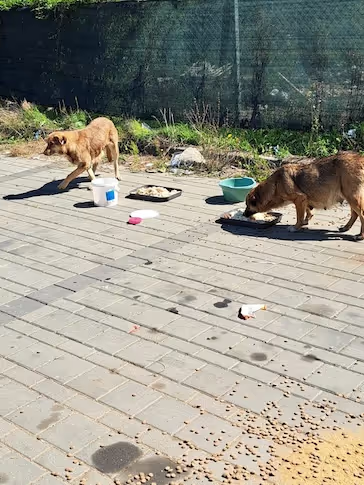
Dog population management
Study from the United Nation
Dog population management
The Food and Agriculture Organization of the United Nations (FAO), the World Society for Animal Welfare (WSPA) and the Istituto Zooprofilattico Sperimentale dell'Abruzzo e del Molise “G. Caporale” (IZSAM) held an expert meeting to develop effective and animal-friendly strategies for managing dog populations. The aim was to discuss methods that both respect animal welfare and improve public health and human well-being.
FAO is particularly committed to the social and economic development of disadvantaged population groups, particularly in rural areas. A central aspect of this is the prevention and control of zoonoses, i.e. diseases that are transmitted between animals and humans — such as rabies. Combating them can not only save lives, but also secure the livelihoods of many people and thus contribute to reducing poverty.
In many regions, however, unwanted, sick or unvaccinated dogs can still be found roaming freely. Social developments such as urbanization, population growth and the associated increase in waste contribute to the spread of these free-range dogs. In addition, there is often a lack of responsible dog ownership.
These animals not only pose a risk to human and animal health, but also a challenge in terms of animal welfare and coexistence in urban and peri-urban areas. Effective, humane management of dog populations is therefore essential both to minimize health risks and to ensure the well-being of humans and animals in the long term.







impressions


